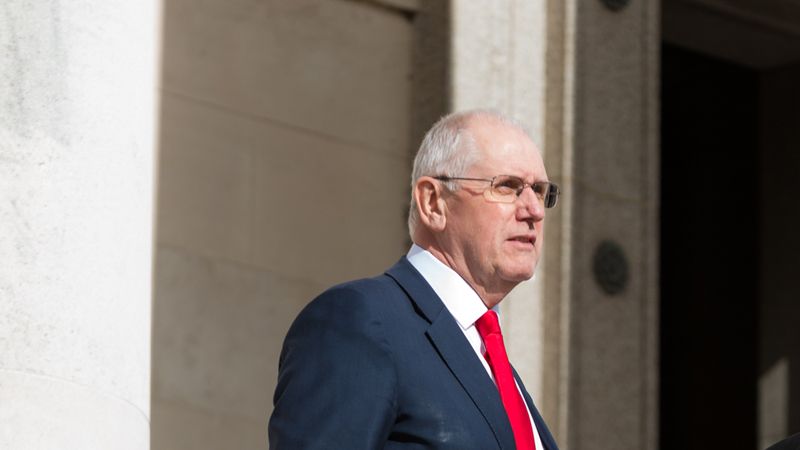The confirmation that there would be more investment in the M4 Relief Road and Great Western Railway line electrification, follows on from Welsh Minister Edwina Hart’s announcement last week that up to £600m is to be spent on the new integrated South Wales Metro, with negotiations for an All-Wales Passenger Franchise.
Cooke & Arkwright’s Chairman, Michael Lawley responding to the announcements said, “The electrification of the main line between London and Swansea by 2018, and the replacement, starting in 2017, of the aging 125 train fleet, along with the plans for the new integrated Metro system for the wider Cardiff Capital Region, are all vital to making the area more desirable and driving economic growth. The Metro proposals include electrification of the existing Valley lines and developing supplementary routes with tram-trains or rapid bus systems, and will provide smoother, faster and more frequent journey times. These developments really matter to CEOs because they greatly improve the perception of how accessible South Wales is from London.
“The Cardiff City Region has around 1.5 million residents and linking it up as one entity will be a major plus for employers as well as those residents of the city region. In the next five years there is going to be a huge amount of positive change to our business environment and to people’s personal lives. The impact on economic activity and property value could be significant.”
The Chancellor also announced a number of measures to help businesses, including that Corporation Tax would be cut from 20% to 19% in 2017 and 18% in 2020; the National Insurance employment allowance for small firms is to be increased by 50% to £3,000 from 2016; and the Annual Investment Allowance is set at £200,000 permanently.
Mr Lawley said, “The balanced approach of the Chancellor to drive the economy will be of benefit to Wales as well as the UK regions, and when linked to the major infrastructure investment can only be to the good.”


